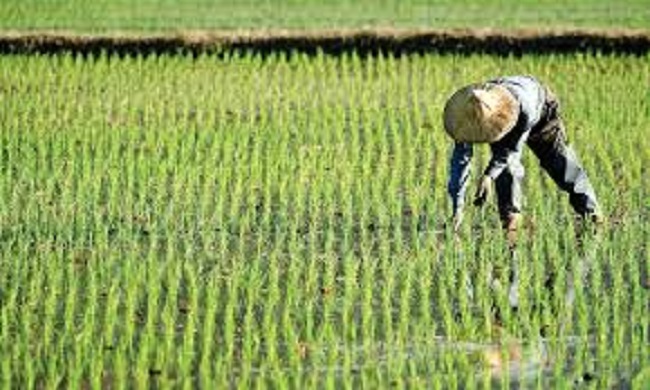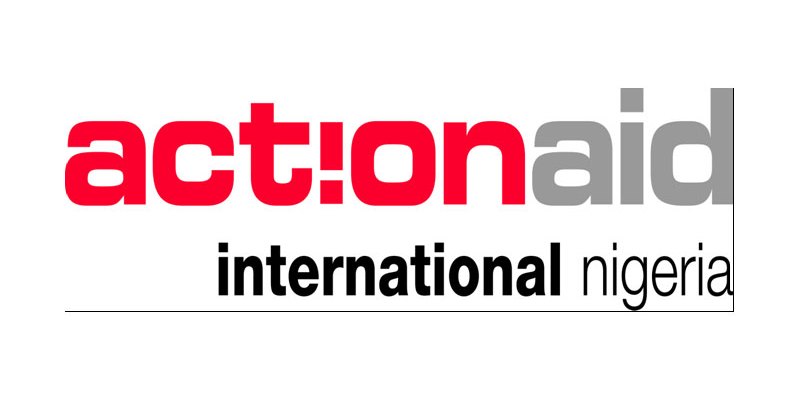From Noah Ocheni, Lokoja
Protection of farms from incessant Banditry attacks and funding agricultural mechanisation has been described as the only solution to food scarcity and unemployment among the youths that have turned to crime for a living.
This was contained in a communique issued at the end of a one-day Non-State Actors (NSAs) Post National Dialogue & Dissemination on Nigeria’s
Performance at the 3rd Biennial Review Exercise on the Implementation of the
Comprehensive Africa Agriculture Development Programme (CAADP held at Abuja recently.
The training which was organised by ActionAid Nigeria (AAN) and ActionAid International pointed out that Farms are getting abandoned due to security threats, natural disasters and lack of attention from the government.
The group called on Federal and State governments to promote agricultural insurance for smallholder farmers considering the agricultural risks of floods, droughts, fires, pests, and
diseases, cattle destruction of farms, rising insecurity on the farms today.
“Regrettably, the late passage and releases of fund to the sector continues to impede the capacity of Federal and State governments to drive socio-economic development including food security within the policy thrust of the diversification of the economy towards agriculture.”
It was also observed that federal and states’ annual budgetary allocations and expenditure performances remains low in quantity and quality falling below the Maputo/Malabo Declaration minimum of 10%.
The communique stressed the need to strengthen the monitoring of implementation of Agricultural projects in the budget by all relevant stakeholders such as FMARD, Federal Ministry of Finance, Budget and National Planning, State Ministries of Agriculture and Agric. Committees in the NASS and State Assemblies.
The communique Called for the development of Agriculture Investment Plan (NAIP with stakeholders to guide the implementation of NATIP aligning targets and indicators to the Biennial Review indicators to ensure Nigeria is on track in meeting the Malabo Commitments.
“Public investment in agriculture should be scaled up in the specific areas of Extension Services, Access to Credit, Women in Agriculture, Youth in Agriculture, Appropriate Labour-Saving Technologies, Irrigation, Inputs, PostHarvest Losses Reduction Supports respectively”.
The communique therefore called on the . Federal Ministry of Agriculture and Rural Development (FMARD) to work with the media and other stakeholders to create awareness/sensitization on the new agricultural policy as part of effort towards promoting improved citizen participation in the budget process.
It also called on the Federal and State Executives, National and State Houses of Assembly to Scale Up Public Investment in Agriculture, and ensure timely consideration, passage, and total budget releases as a strategic approach to
increase food production, reduce hunger and poverty and achieve the Maputo/Malabo Commitments.
“We call on Federal and State Executives, National and State Houses of Assembly to Scale Up Public Investment in Agriculture, and ensure timely consideration, passage, and total budget releases as a strategic approach to
increase food production, reduce hunger and poverty and achieve the Maputo/Malabo Commitments.”
The communique recommends that the yearly Federal and States agriculture budget should be more gender responsive by providing line items for the implementation of the National Gender Policy in Agriculture that address specific challenges that affect women farmers different from men as well as avoid lumping up budget for
women farmers and other groups such as youths.
“The training and meeting brought together a total number of 44 Budget Committee Group (BCG) members, smallholder women farmers, CSOs and media across seven States, the FCT and the national level.”


